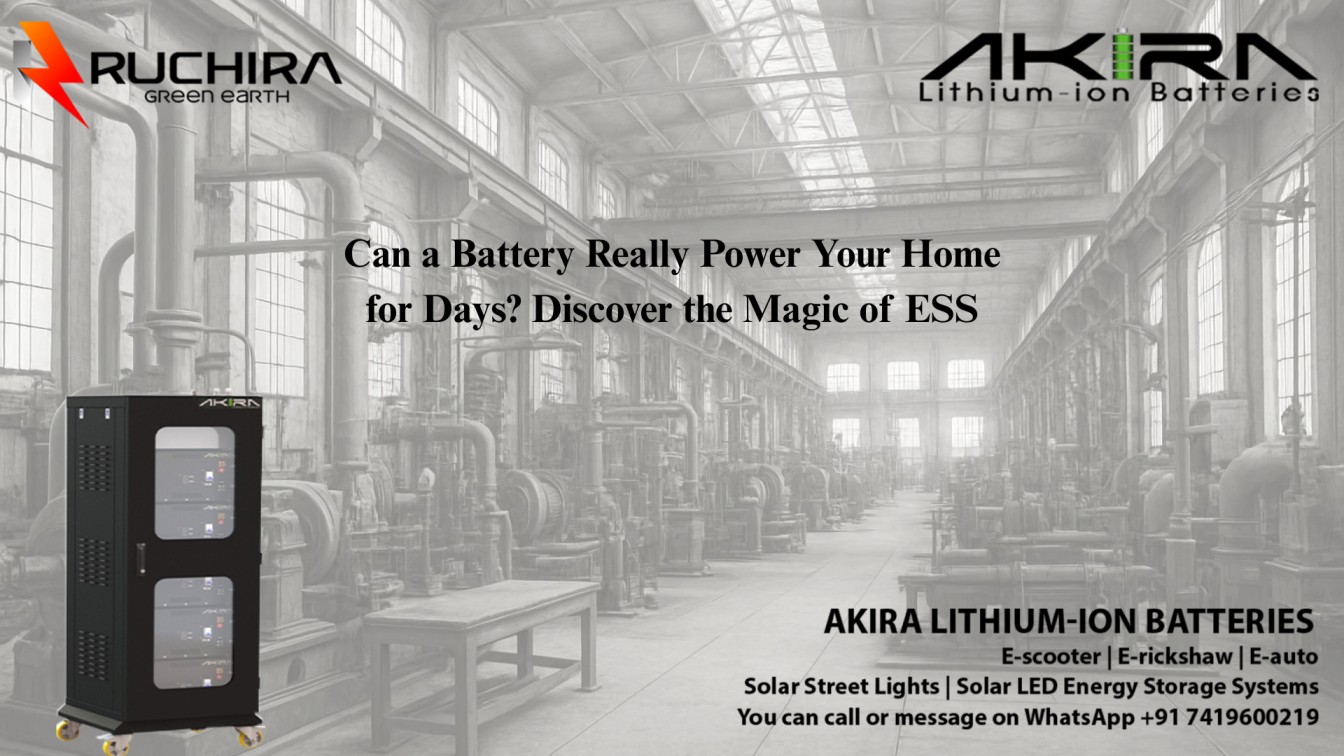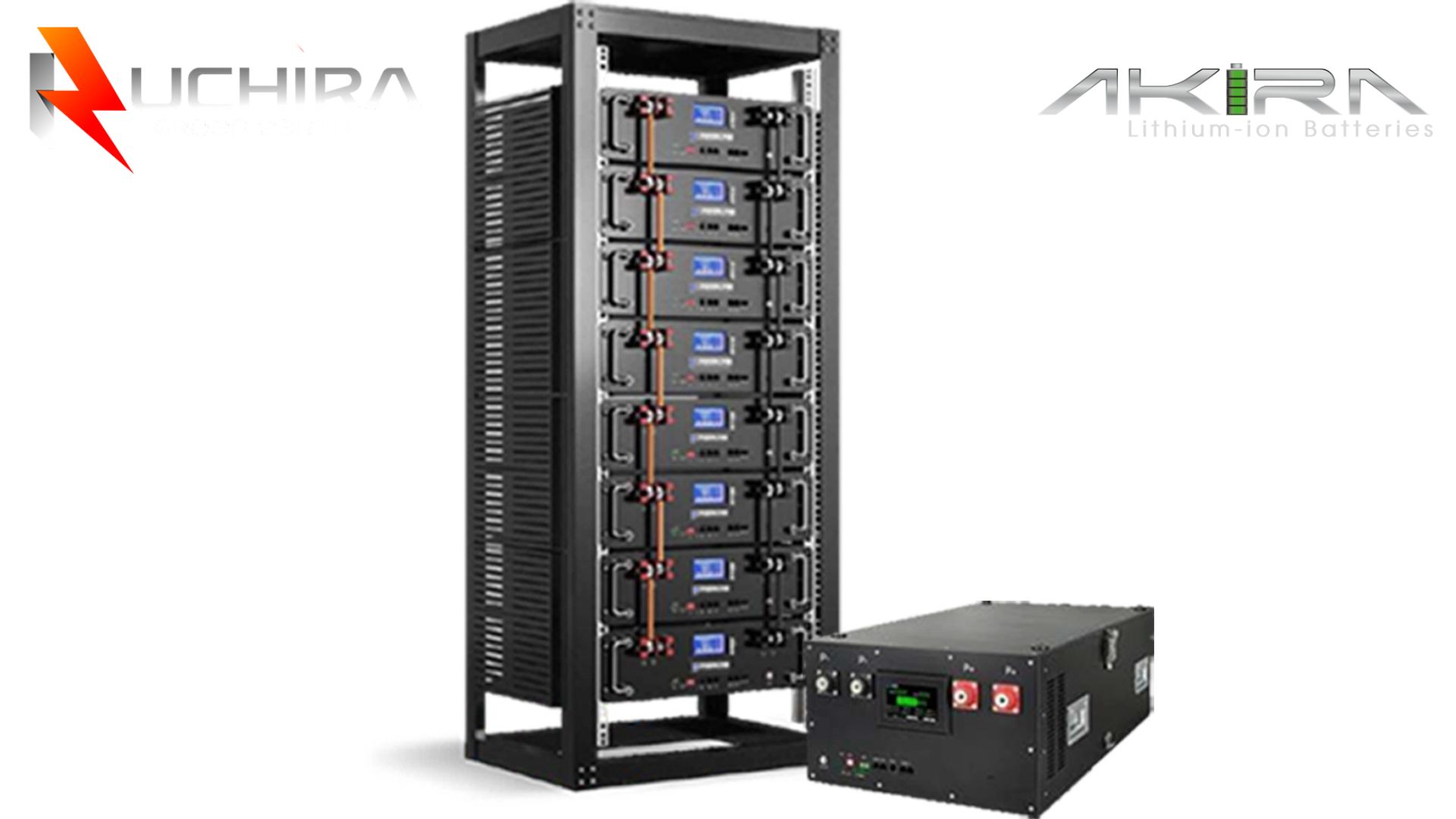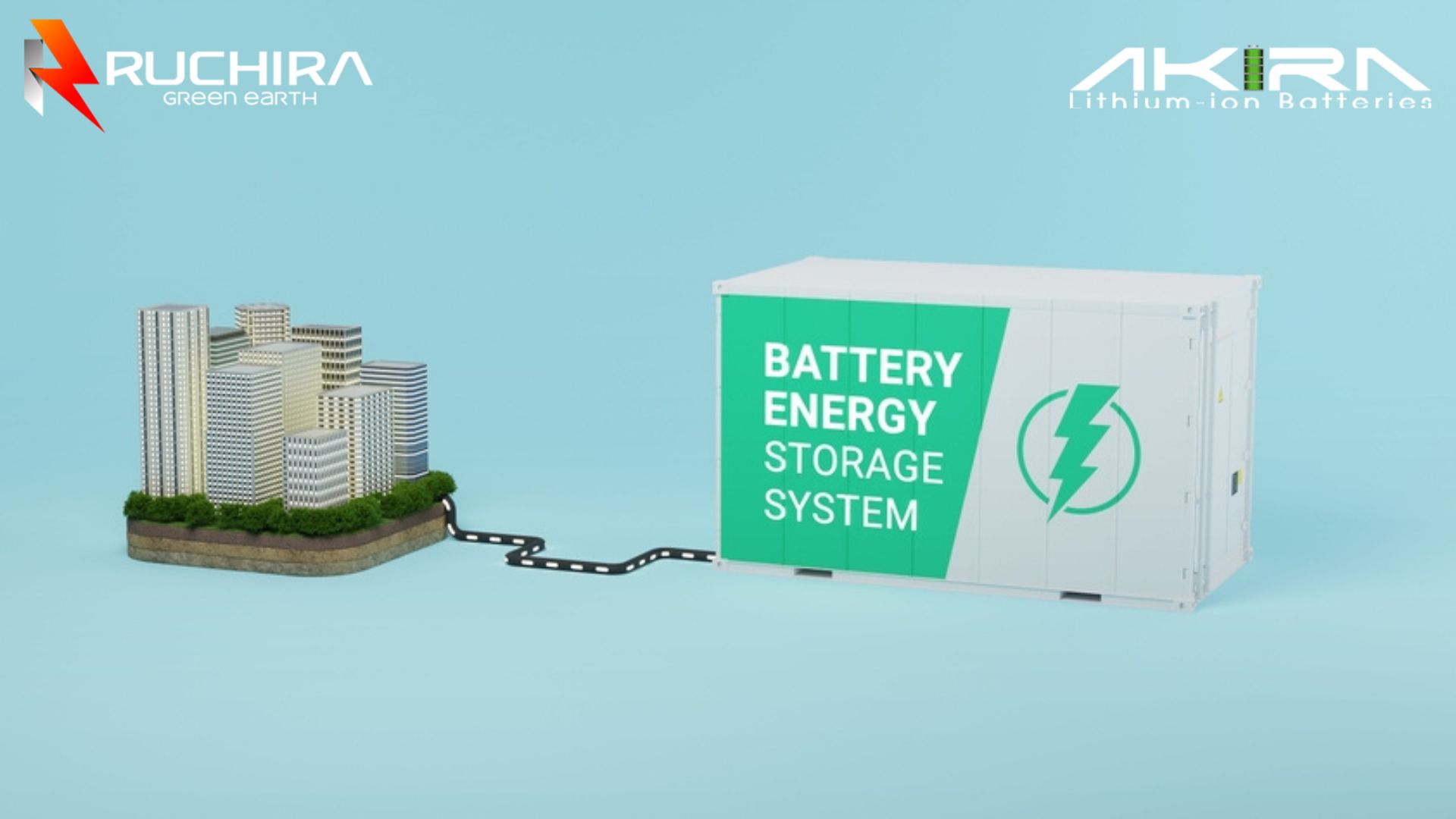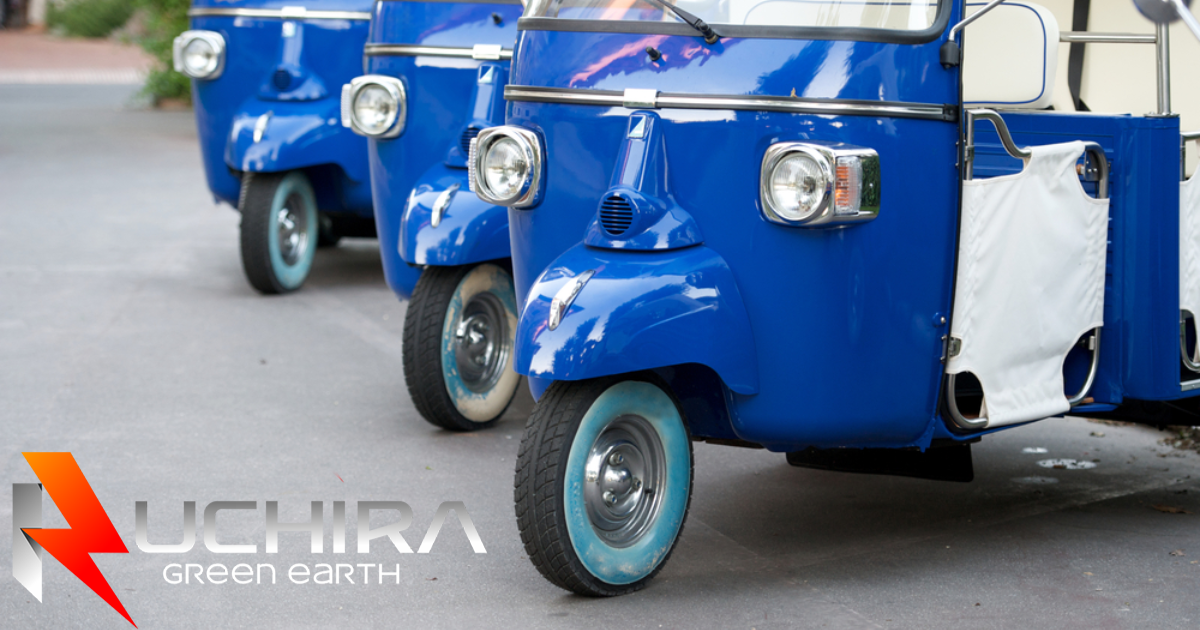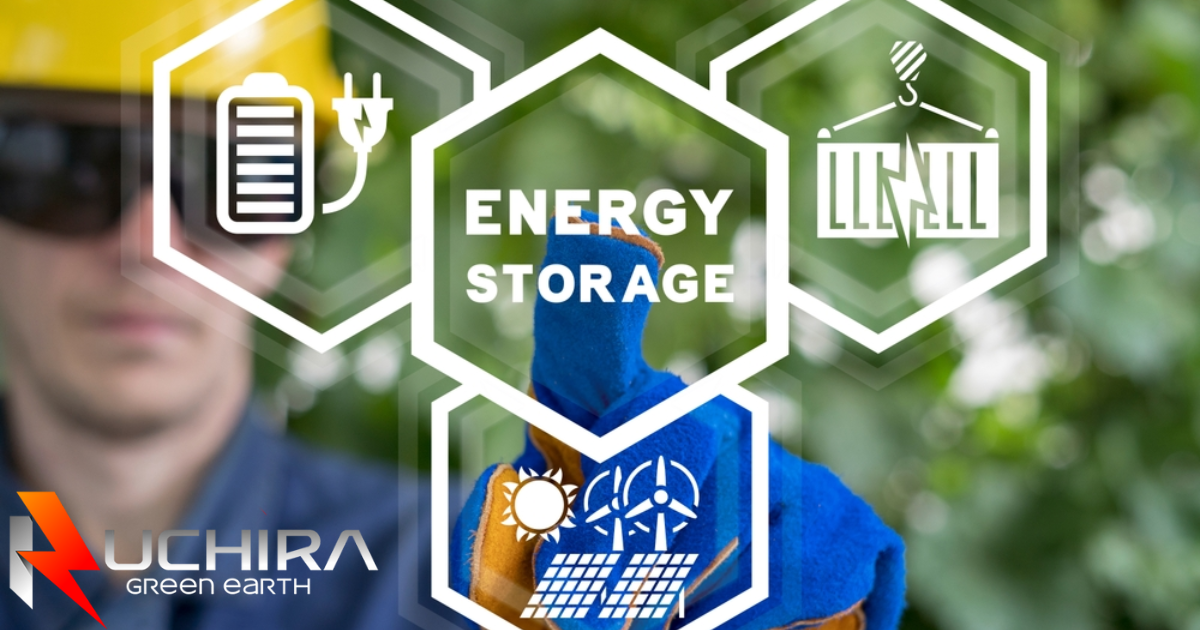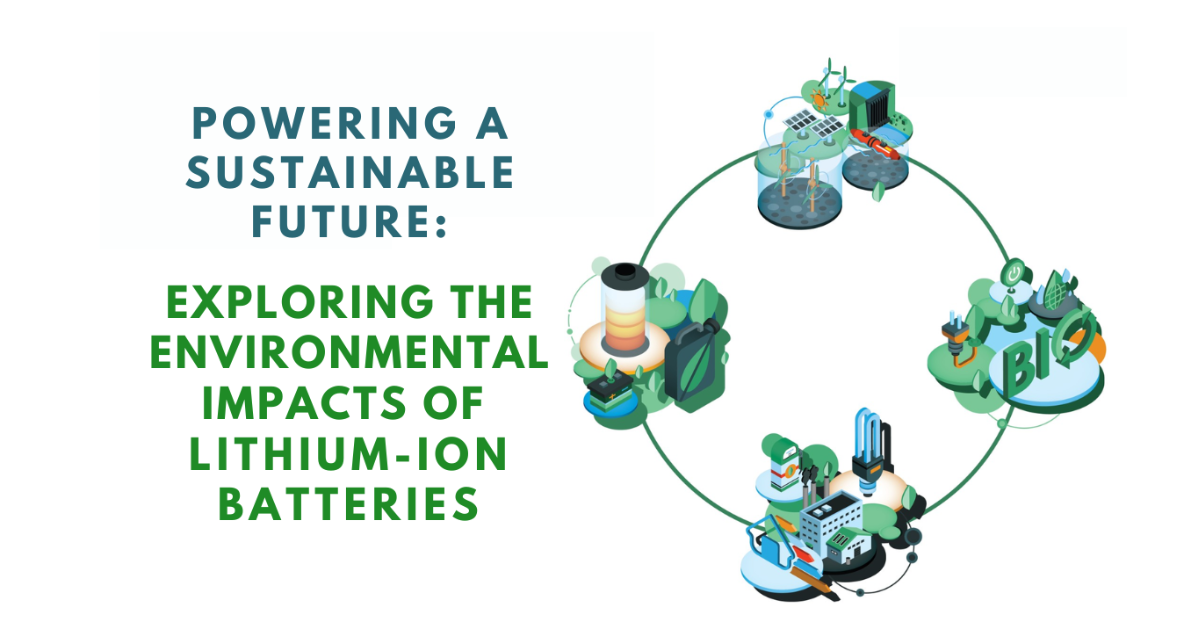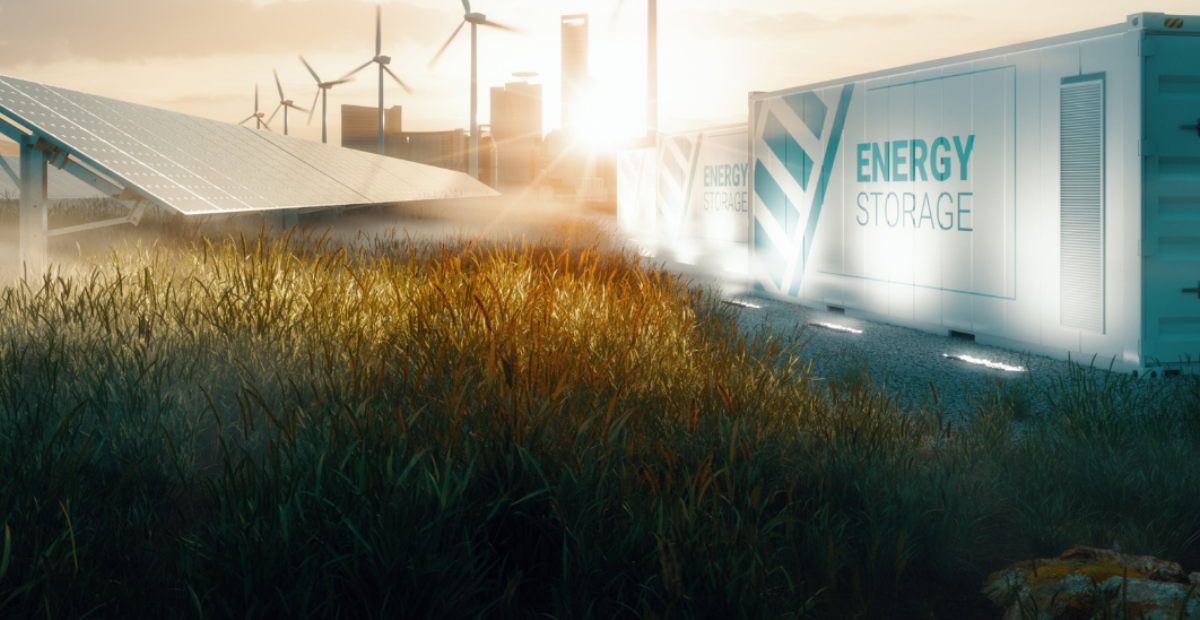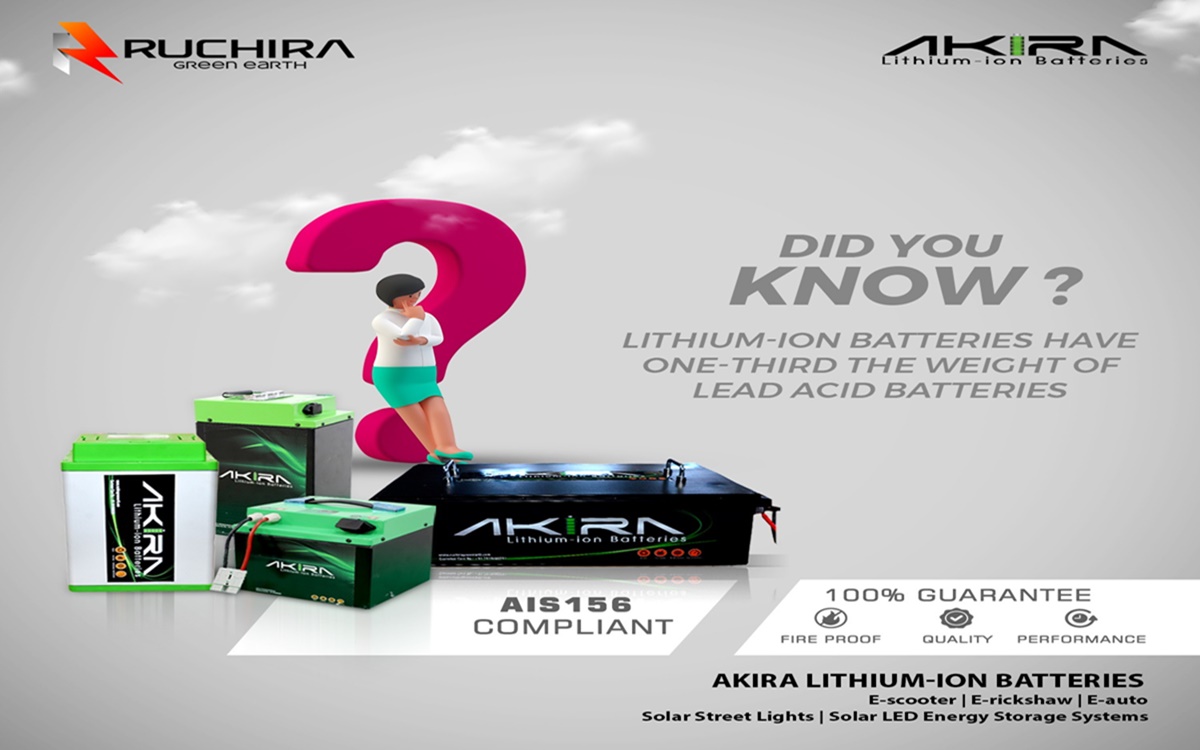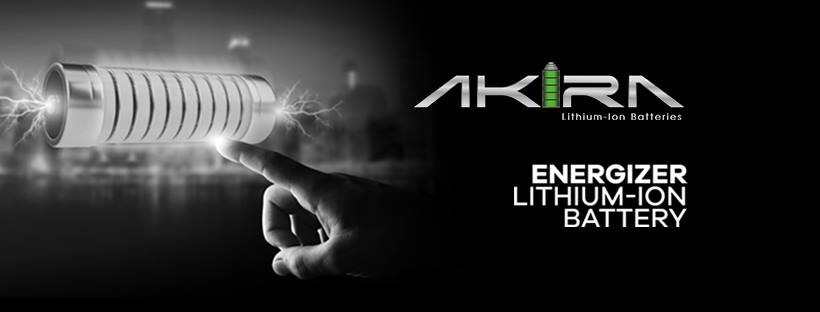With rising electricity bills and frequent power cuts becoming a part of daily life, homeowners are constantly looking for reliable energy solutions. One such game-changer is the Energy Storage System (ESS)—a technology that’s quickly gaining ground in Indian households. But can a battery really power your home for days? The answer is a resounding yes—and the future is closer than you think.
Understanding ESS: More Than Just a Battery
An Energy Storage System (ESS) is much more than a regular inverter battery. It stores excess electricity—often generated from solar panels or during low-demand periods—and provides power during outages or peak hours. Whether it’s a rainy day, a sudden blackout, or just peak-hour consumption, ESS steps in smoothly, ensuring your home never goes dark.
Unlike traditional backup systems, ESS doesn’t just provide temporary power. With advanced lithium-ion technology and smart power management, a well-designed ESS can power essential household appliances for several days, depending on your usage and storage capacity.
How Does ESS Work?
Here’s a simple breakdown of how it works:
Charging Phase: ESS units charge from the main grid or solar panels when electricity is available.
Storage Phase: The energy is stored in high-capacity batteries.
Discharge Phase: During outages or peak demand, the stored power is used to run appliances, lights, and even cooling systems.
Modern ESS setups also include energy management systems that monitor your energy usage in real time, helping you save even more.
Powering Homes for Days—Is It Possible?
Yes, and it’s already happening. A well-optimized ESS can power:
LED lights for up to 72 hours
Wi-Fi routers and laptops for over 50 hours
Refrigerators for 20–30 hours
Fans and mobile devices for days
If paired with solar panels, the system becomes even more efficient. You’re not just storing energy—you’re generating and recycling it, creating a self-sufficient energy loop.
Why Choose Akira?
When it comes to reliable ESS solutions, Akira stands at the forefront. As one of the leading ESS battery manufacturers in Haryana, Akira is committed to innovation, performance, and customer satisfaction.
What sets Akira apart?
High-performance lithium batteries tailored for residential needs
Advanced Battery Management Systems (BMS) that prevent overcharging, overheating, and short circuits
Scalable storage options that grow with your energy needs
Eco-friendly solutions with longer lifespans and reduced carbon footprint
Whether you’re looking to reduce your grid dependency or simply want peace of mind during power outages, Akira’s ESS batteries offer a smart, future-ready solution.
The Haryana Edge: Local Manufacturing, Global Quality
Akira’s manufacturing unit in Haryana ensures access to top-quality products without the long wait. By choosing ESS battery manufacturers in Haryana, you benefit from:
Faster delivery timelines
Lower transportation costs
Hassle-free after-sales service
Products built to suit local climatic and usage conditions
Supporting local manufacturers like Akira also contributes to the “Make in India” initiative, boosting regional employment and technological growth.
Final Thoughts
So, can a battery really power your home for days? Absolutely—and with Akira, it can do even more. Energy Storage Systems are no longer a luxury; they are a necessity in today’s unpredictable power landscape. With smarter homes, greener energy, and reliable performance, ESS is lighting the way forward.
Make the switch today. Choose Akira—the trusted name among ESS battery manufacturers in Haryana—and take control of your home’s power needs like never before.
